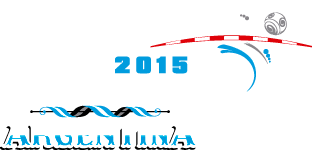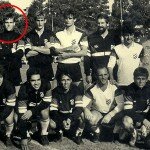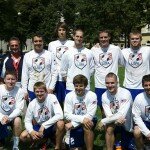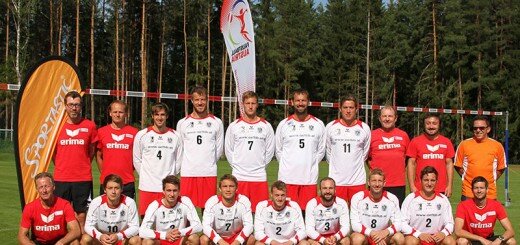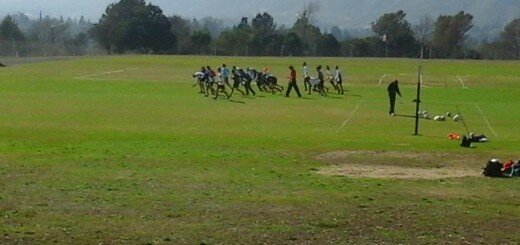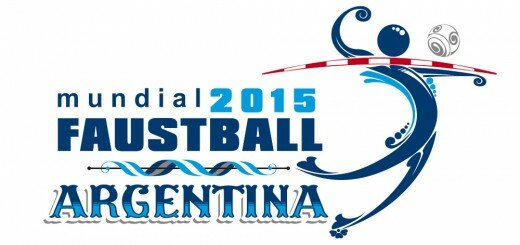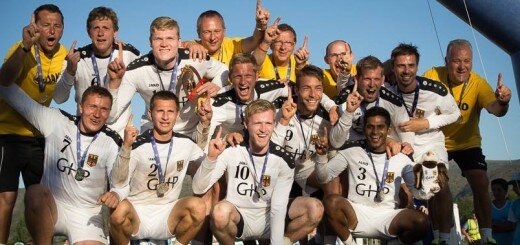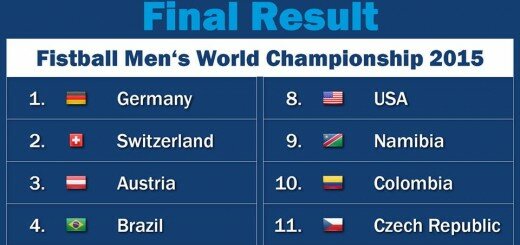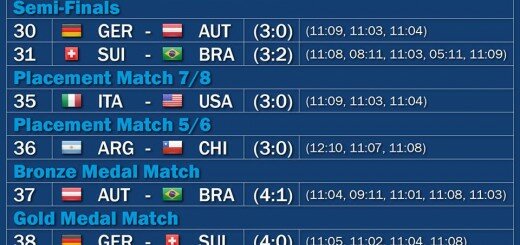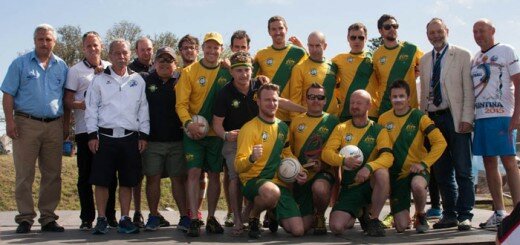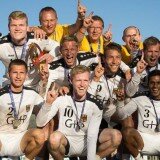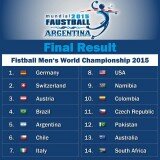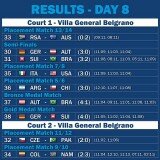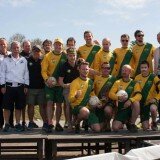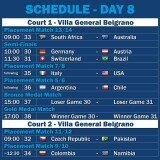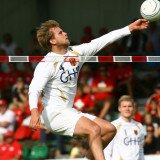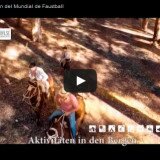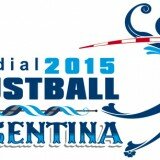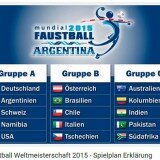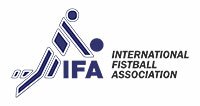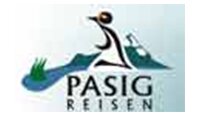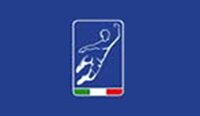Gastão Englert – Coach, USA
“I’m not talking about goals, I’m talking about dreams.”
The Brazilian “ambassador of fistball” Gastão Englert (49) is one of the most successful coaches in fistball history. He won the World Championship three times as Brazilian coach – 2x Men’s title (1999 and 2003), 1x Women’s title (2010) – and now he is the architect of the new American fistball style. He talks about why he accepted the challenge to coach the US-team and how he wants to bring more international fistball action to the “States”.
IFA: Hello Gastão, a Brazilian sportsman coaching Team USA might seem a bit unfamiliar at first sight. How did it all start?
Gastão Englert: The first time I chatted with the guys was back in Germany in 2007, they saw me in practice and said: “Hey we like your style of training, how much does it cost us to bring you over to the USA for giving us some fistball tips”, and I replied: “Oh wait (laughs), it costs nothing. You pay me the flight tickets, I will come in my vacation and it’s done.” They were surprised about that. So finally it happened in January 2011, I spent two weeks in the United States to tell them what to improve and wrote down goals for each position in several spreadsheets. And in these two weeks I could really see the rising motivation of all players.
IFA: So they all had the motivation but needed a professional to tell them how to improve their skills?
Gastão: Yes, they worked passionately to reach the goals I set and later in 2011 I went to America again and stayed for a month. The result at the World Cup 2011 was a much better performance than in 2007 for example.
IFA: But at the World Championships 2011 you were still with the Brazilian team?
Gastão: Yes, it was my last international tournament for Brazil. You know, I was in front of the Brazilian team for 14 years and we had won everything – World Championships, World Games and South American Games – so I was really tired of fistball at that moment and so I retired from the national team. My motivation with fistball was very low at that time. I thought to myself that I had to find something that brought me a reason to stay “alive” in fistball. It might sound crazy, but fighting for the World Champion was not a motivation for me anymore.
IFA: So the door was open for the US federation?
Gastão: Six months after the World Cup in Austria the guys from the United States called me and asked me to come over again. Now it was obvious to me: “This may be exactly what I want to do now!” and so we arranged a cooperation until the following World Championship 2015. So over the last three years I have been staying for about two weeks twice a year. I’m giving inputs in practice, set new goals and when I come back and see how they improved I redo the goals, develop a new strategy and then the coaches over there continue with the work on site. That’s what we have been doing until now and it works very well.
IFA: You said the upcoming World Championship was/is defined as the long term goal for your coaching job. So after 2015 you are retiring from the US-Team again?
Gastão: I hope so. (laughs) We are already talking about the next step and I feel very confident and comfortable with the teams and the board. I can relate with all the stuff that is going on in US fistball. Every time I come to the United States everybody is so happy and friendly, it feels like home to me. The whole group was the reason to continue my work in fistball and my motivation to continue training with them is really high. Look, my team is not fighting for the title anymore, but that’s also not what is important to me right now. Our goal is not to beat the best teams in the world, we just have to make sure that we do our best every single day.
IFA: In Austria the United States finished 9th, what is the goal for the World Championships 2015 in Argentina?
Gastão: With no risk, I can tell you that we play much better than four years ago. But we know that also the other countries have been practicing too, so our job is to play 100 percent technically right. We want to play the perfect point in every situation. The problem is that we don’t have the opportunity to compete with other teams on a high level. So I was trying hard to bring top players and teams to the country. All this effort finally resulted in the 1st Pan American Games in New Jersey this year. I wanted to break out of the “social side” of fistball, where you meet, have fun and drink some beer afterwards. There is another side of it, go international and you will enjoy it – that’s what we did.
IFA: Talking about Pan American fistball games (08/27-08/31). What were your impressions of the first big international fistball event in the US?
Gastão: The main goal for us was to bring international fistball to the country and motivate people to get more involved with the sport – this goal was achieved by 100 percent. With those events you also bring important people from politics and big sponsors to the sport. The city major of Flanders came to see the fistball games twice during the competition. The playing level (level of matches), the new teams, talking and practicing with people from different countries, these are all the small parts of that make a successful event.
IFA: The US Fistball Association has big aims, the World Cup 2019 should take place in the country, with Switzerland there is a strong contender in the mix. What do you think about the bid for the next World Cup?
Gastão: It’s a good challenge. It actually started with a joke to the players when I said: “Hey let’s organise a World Championship in Disneyworld. Everybody will bring their family and we will bring the biggest crowd fistball has ever seen to the USA.” Talking seriously, the Fistball World Championship is another size of competition, it’s not easy to manage with a bunch of people. We don’t want to organise a bad World Cup, if we were to do it, it would habe to be the best competition in fistball ever. You have to dream big and I think that it is possible.
IFA: You already told us that you want the team to play their best at every point. What is the best result the US fistball team can reach in Argentina?
Gastão: It’s not so easy to give an answer to this question because all the other nations have practiced for the last couple of years as well. I always tell my players: “The result is not the product, the result is the consequence of your training.” So I’m not talking about goals, I’m talking about the dreams we have. And our dream is to qualify for the World Games 2017 in Poland. Therefore we have to finish the tournament among the six best teams. This will be very hard to reach, but dreams are for free (laughs).
IFA: Gastão, thanks for the interview, we wish you and the US fistball team good luck in Argentina!
